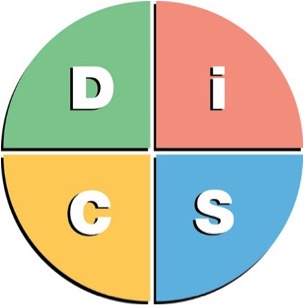The foundation of DiSC was first described by psychologist William Moulton Marston in his 1928 book, Emotions of Normal People. From his research, he theorized that the behavioral expression of emotions could be categorized into four primary types, stemming from the person’s perceptions of self in relationship to his or her environment.
 These four types were labeled as Dominance (D), Influence (I), Steadiness (S), and Conscientiousness (C). In the 1970s, a company called Performax was the first publisher of a DiSC assessment.
These four types were labeled as Dominance (D), Influence (I), Steadiness (S), and Conscientiousness (C). In the 1970s, a company called Performax was the first publisher of a DiSC assessment.
The understanding of the DiSC model has continually evolved to its Everything DiSC, a series of reports that exists today. The goal of Everything DiSC is to take wisdom about interpersonal dynamics that has been developed through research and theory and help people use this knowledge to improve their relationships and performance in a variety of diverse contexts.
- Dominance – Direct, strong-willed, forceful
- Influence – sociable, talkative, lively
- Steadiness – gentle, accommodating, soft-hearted
- Conscientiousness – private, analytical, logical
If you want more information about how DiSC can help your organization, please email bonnie@bhrtraining.com

